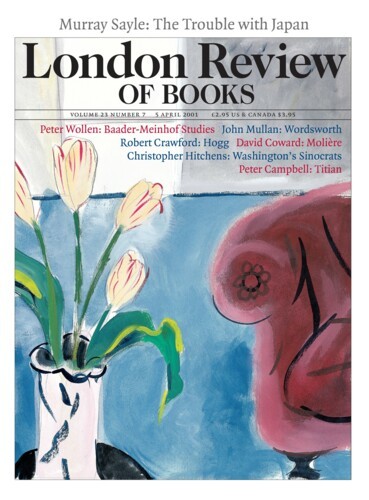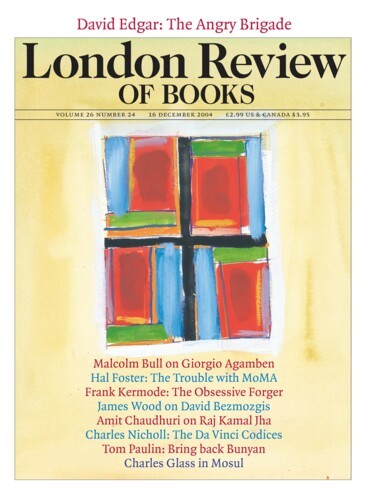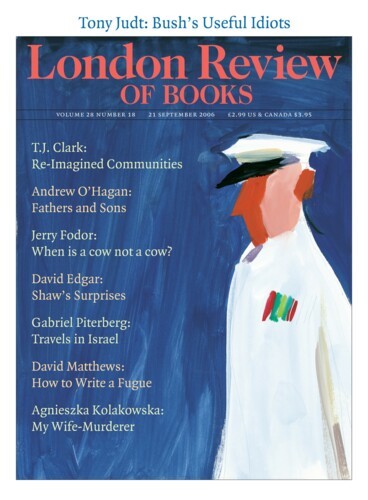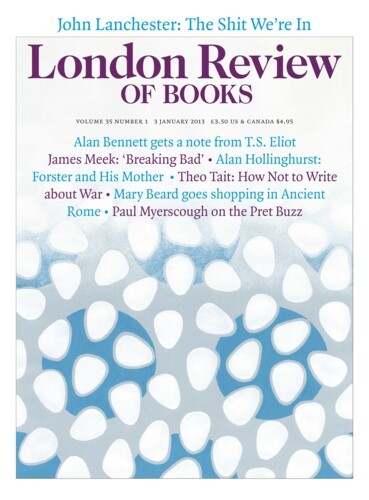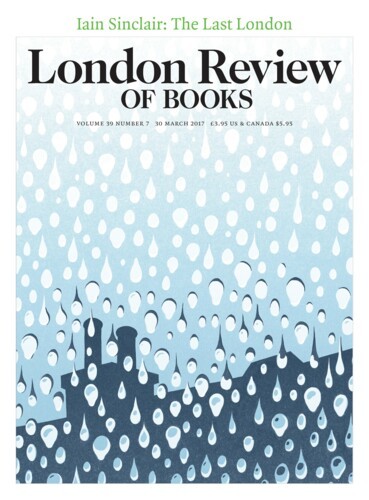Escaping the curssed orange: Jane Barker
Norma Clarke, 5 April 2001
There is a moment in Jane Barker’s 1723 novel, A Patch-Work Screen for the Ladies, which prefigures Jane Eyre, and makes one wonder how much or how little 19th-century women like Charlotte Brontë were acquainted with their sister writers (as Barker might have put it) of this earlier period.
Barker’s heroine, Galesia, is supporting herself by practising medicine in London...
